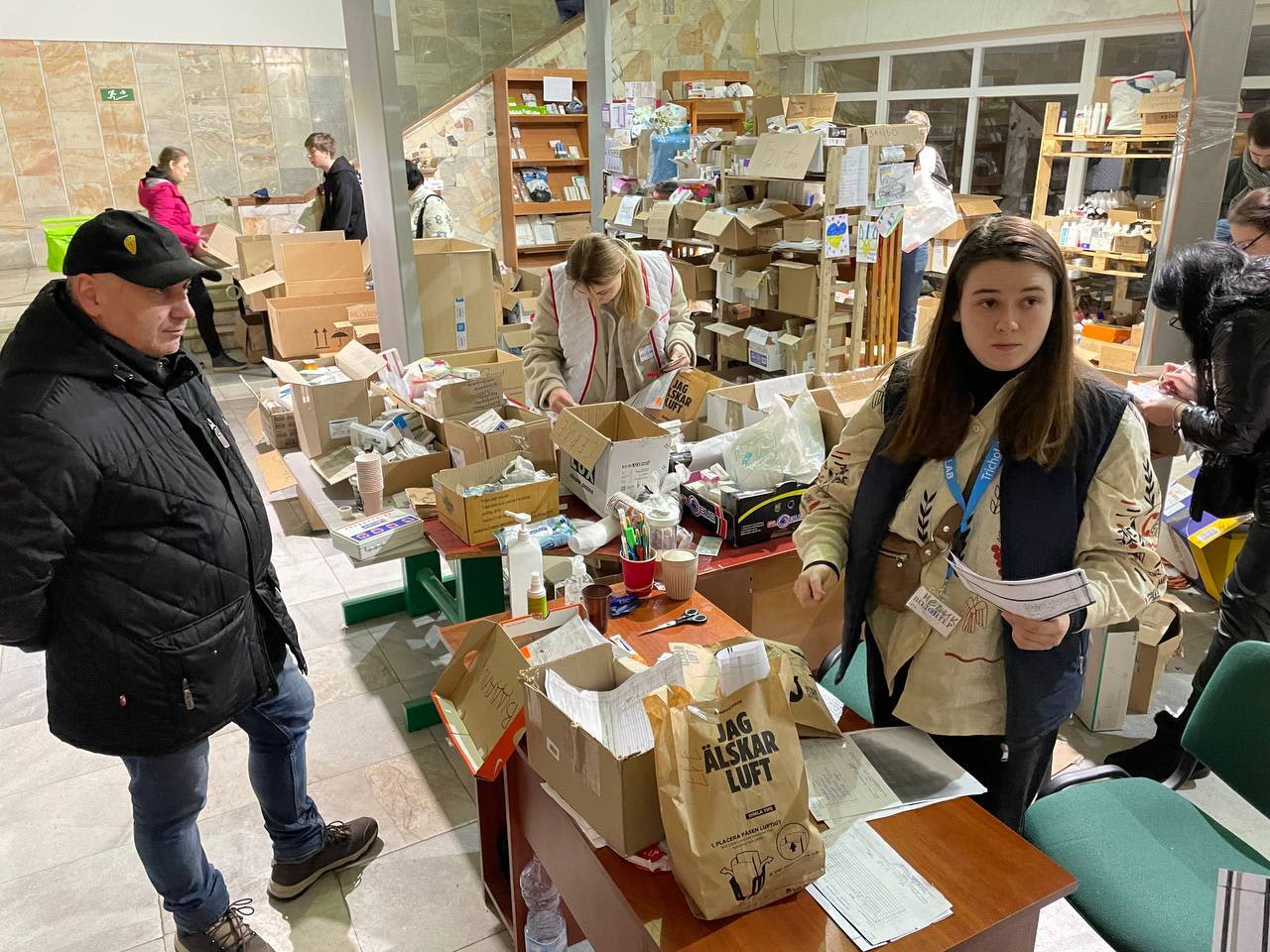
In less than two weeks, Russia’s invasion of Ukraine has escalated into a full-fledged humanitarian crisis.
Already, 2 million people have fled Ukraine, but as many as 5 million could be displaced as Russian troops continue to advance toward major cities.
Many people around the world want to help Ukrainian refugees, whether by donating money, medical supplies or emergency housing. However, there are just as many scammers trying to capitalize on the geopolitical unrest. (Here’s how to avoid fundraising scams.)
“Unfortunately, in times of crisis it can bring out the best in people and the worst in people, too,” said Kevin Scally, chief relationship officer for Charity Navigator, which independently evaluates and rates nonprofits.
More from Personal Finance:
Russia-Ukraine crisis: How to avoid fundraising scams
How U.S. investors may have exposure to Russian stocks
How to protect against a cyberattack as Russia-Ukraine crisis escalates
Avoid any high-pressure donation, Scally advised, such as responding to an urgent email, phone or text solicitation. “It’s okay to take some time to do your due diligence.”
Although you may feel compelled to give to individual appeals, “there is much more safety in supporting an established nonprofit,” he said.
“You may not reach that family specifically but you will support hundreds, if not thousands, of people in a similar situation.”
To make sure your money gets into the right hands, find a relief effort through a site such as BBB Wise Giving Alliance, Charity Navigator or CharityWatch.
Charity Navigator compiled a list of highly rated nonprofits already engaged in relief and recovery efforts in Ukraine and the surrounding areas.
Here are more than 30 organizations that earned high marks for being financially efficient and transparent.




